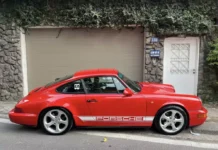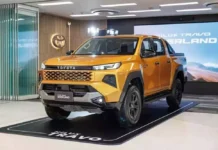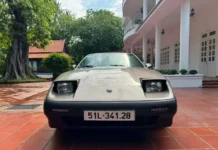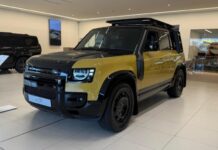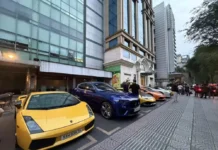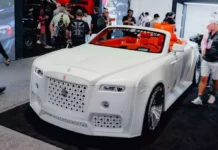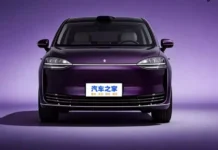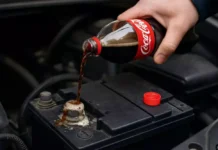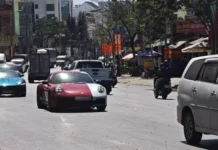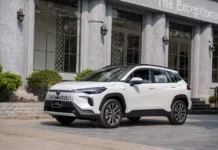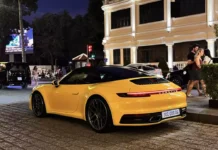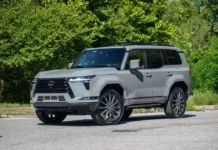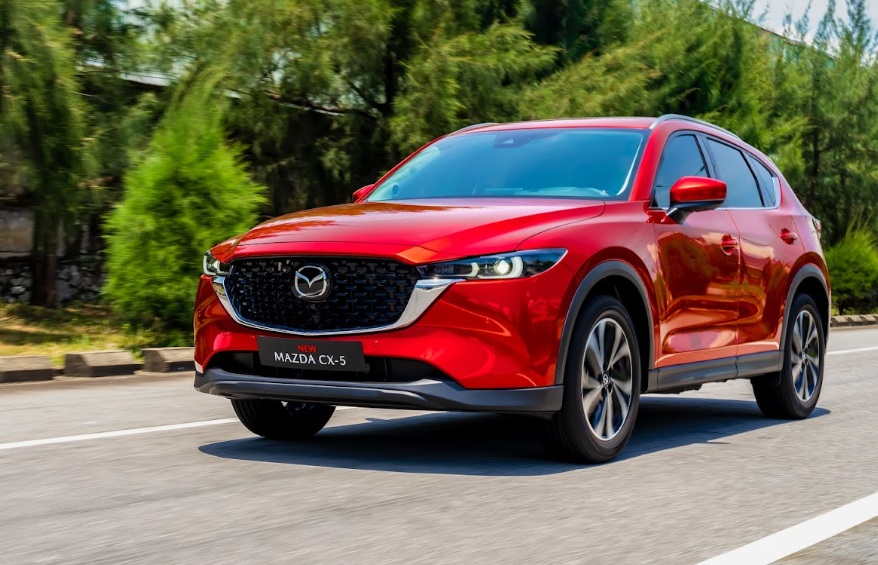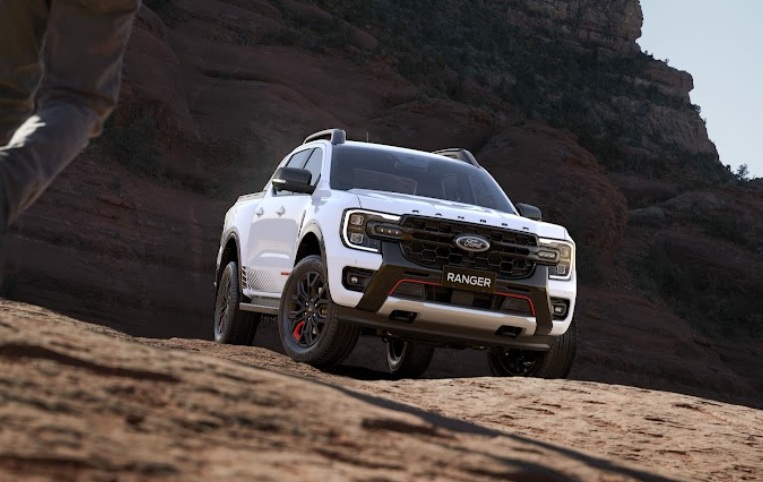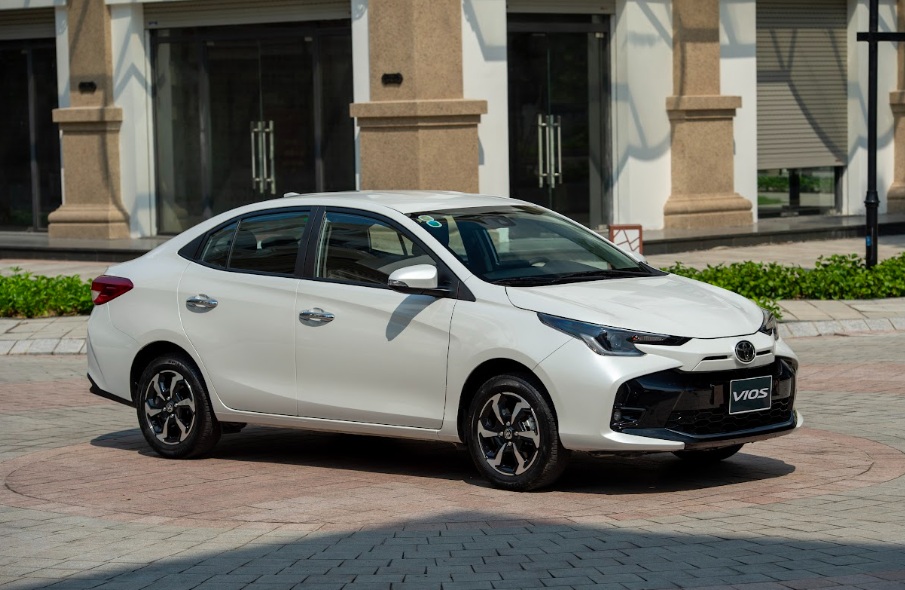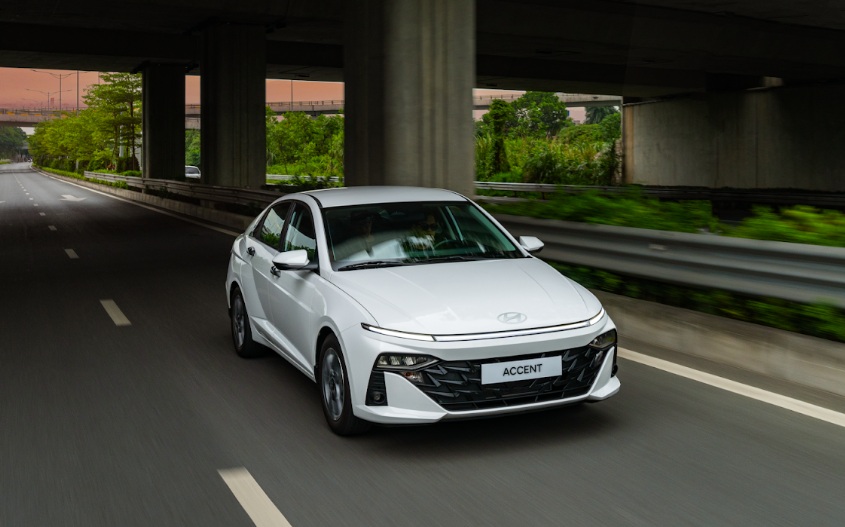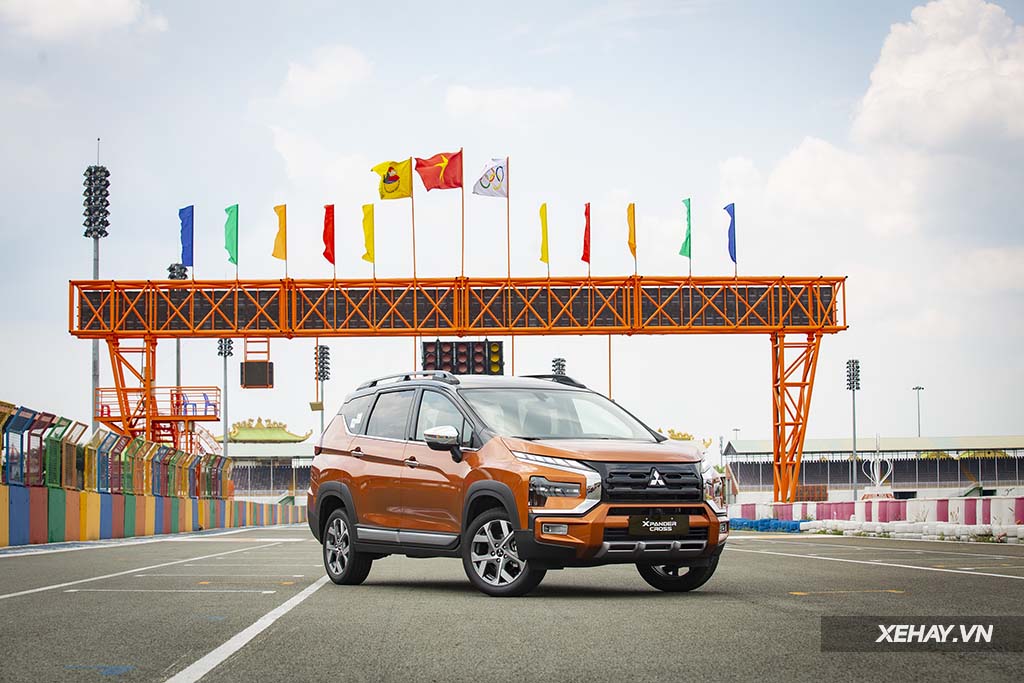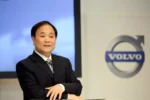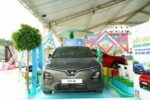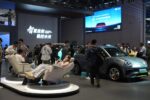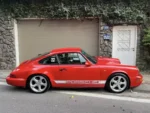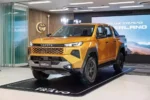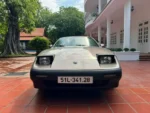Amid the global transportation sector’s dynamic shift towards emission-free vehicles, the Vietnamese market marches to the beat of its own drum, with gasoline vehicles still holding dominance.
According to statistics from the Vietnam Automobile Manufacturers’ Association (VAMA) and data from official importers, the majority of the over 80,000 vehicles sold in the first quarter of 2025 were traditional gasoline-powered. Best-selling models include the Ford Ranger, Mazda CX-5, Toyota Vios, Hyundai Accent, and Mitsubishi Xpander, which continue their strong performance in the overall market.
Among these, the Ford Ranger topped the market in January 2025, with over 2,000 units delivered to customers. The Mazda CX-5 has dominated the CUV-C segment for several consecutive months. Familiar brands like Toyota, Mazda, Ford, and Mitsubishi, associated with gasoline vehicles, currently account for more than 60% of the retail market share in Vietnam. So, what are the reasons behind the continued preference for gasoline vehicles among Vietnamese consumers?
Electric vehicle infrastructure remains fragmented and lacking in coordination
Although many businesses are actively investing in charging station networks, the distribution of these stations is mainly concentrated in large urban areas. In rural and remote regions, where inter-provincial travel is common, electric vehicles cannot yet meet the demands. For instance, it is impractical to take an electric car on a cross-country trip in Vietnam as charging stations are scarce just a few dozen kilometers off the highway.
Predictable ownership costs and readily available spare parts
In addition to their accessible price points, gasoline vehicles offer significant advantages in maintenance and repairs due to a well-established after-sales service ecosystem. Consumers are familiar with their operation, fuel consumption has been optimized, and replacement parts are readily available nationwide.
Moreover, gasoline vehicles tend to hold their value better in the used car market, while electric vehicles still carry higher risks regarding depreciation and battery lifespan, making prospective buyers hesitant.
Consumer habits and a “better safe than sorry” mindset
For most first-time car buyers, “familiarity and ease of use” remain the top criteria. Gasoline engines have been a part of the Vietnamese landscape for decades, and everything from the driving sensation to refueling and operational procedures are deeply ingrained in consumer habits.
Transitioning to a completely new type of vehicle, such as electric cars, not only requires knowledge but also demands a period of adjustment, which not all mainstream consumers are willing to undergo.
How long will the “gasoline vehicle era” last?
“Geely Halts Construction of New Factories Amid Overcapacity Crisis: Fate of Geely Vietnam Factory Remains Unknown”
“Amidst the backdrop of fierce price competition in the Chinese automotive market and mounting concerns over declining profits industry-wide, a bold move was made. With a deft hand and an eye for opportunity, a strategic decision was undertaken to navigate these challenges and propel the industry forward.”

